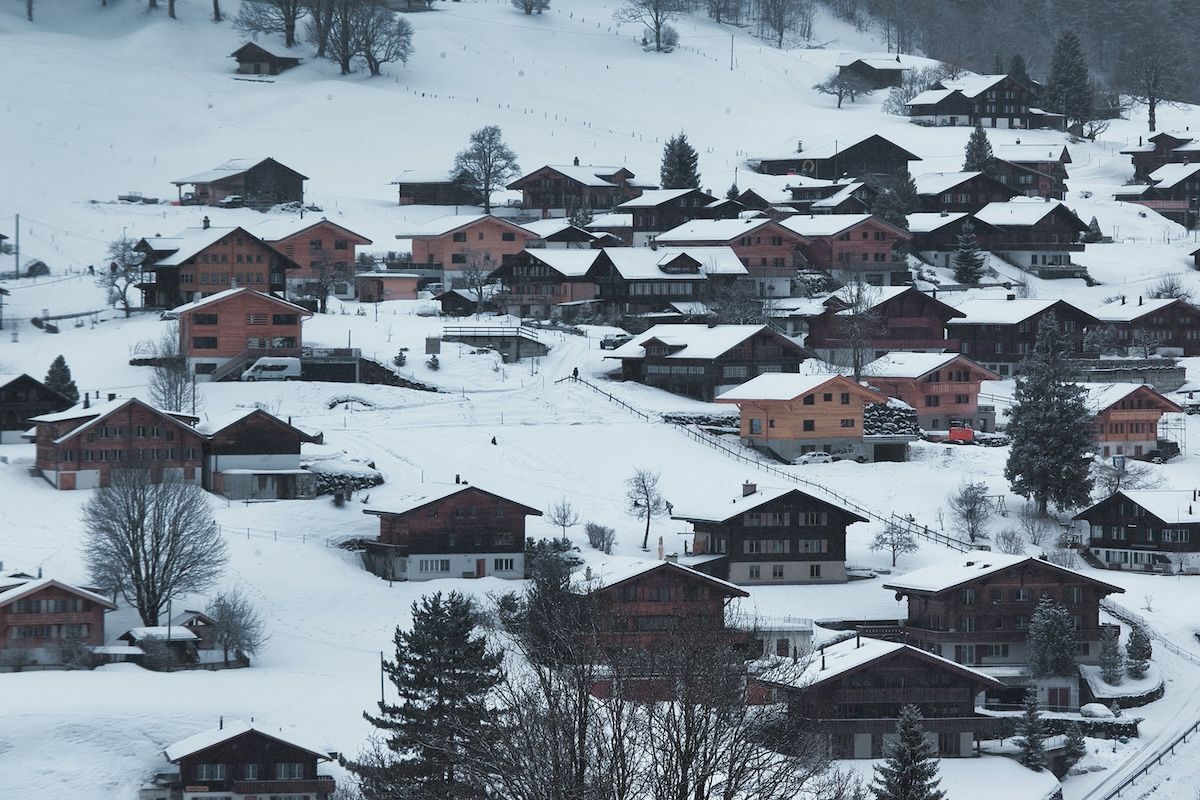
Image by: unsplash
Canadian real estate shows early signs of recovery as interest rates fall, house prices drop from their peaks, and affordability improves. However, the market’s path remains uncertain and unpredictable, with buyers navigating a long-awaited turnaround. Reports of sidelined buyers watching for a “dip” suggest that many have now re-entered the market, driven by a three-month upswing in prices and sales volumes. This shift has highlighted the irony of timing the market: true recovery relies on active participation during downturns, not just waiting for the bottom.
Recent data signals a strengthening market, with national home sales up 2.8% in November compared to October and a cumulative 18.4% rise since May. This surge, spurred by falling rates and increased optimism, has tightened inventory to just 3.7 months, the lowest in over a year. While prices have seen modest gains, including a 7.4% year-over-year rise in November’s national average, the market remains below pre-downturn levels. Key urban centers like Toronto and Vancouver lead the activity, yet structural supply issues persist, as housing availability continues to lag demand.
Looking forward, the spring market will be a critical test of the recovery’s durability amid looming economic uncertainties like potential recession and unemployment. While lower interest rates and relaxed mortgage policies boost buyer activity, they fail to address deeper affordability challenges. For many first-time buyers, rising prices and limited inventory make homeownership increasingly out of reach, deepening the divide in an already strained housing market. Whether current momentum sustains or stalls will depend heavily on economic and policy conditions in the months ahead.
Read the full article on: REAL ESTATE MAGAZINE




